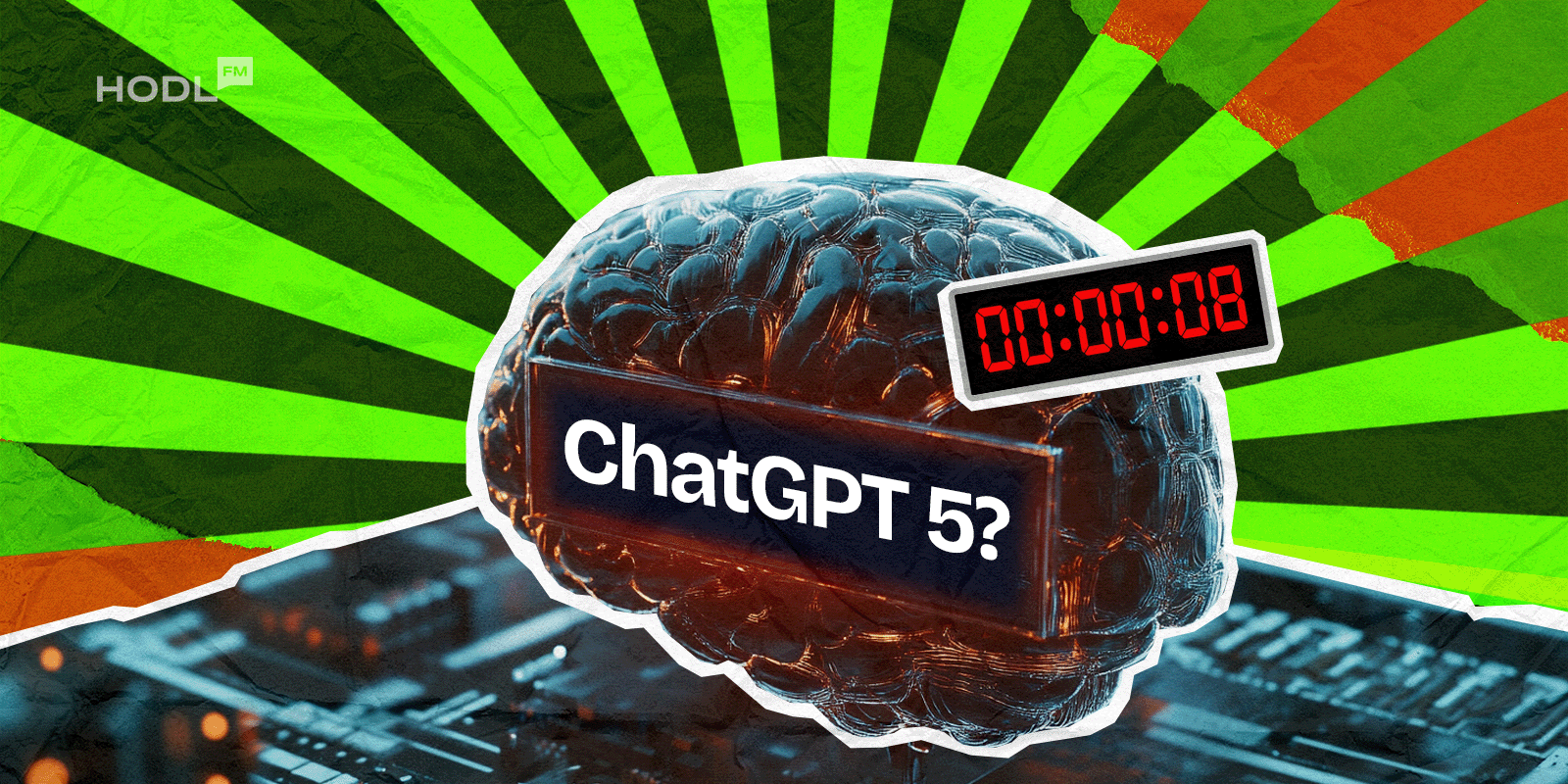The U.S. government is struggling to keep up with the rapid, unprecedented advancements in AI technology. To establish a framework for managing and utilizing AI in the country, the bipartisan House AI Task Force has released a 273-page report outlining recommendations in areas such as workforce development, energy consumption, data privacy, and financial services.
As the task force stated in the introduction, “This report is intended to serve as a blueprint for future actions Congress can take to address challenges in the field of AI technology.”
The Pillars of AI Governance
A sector-based regulatory framework and a phased approach to policy development are the two key philosophies that guide the final version of the bipartisan House AI Task Force report.
✨🚨: Today, the US House of Representatives released a highly-anticipated report on AI policy
— Brian Chau (@psychosort) December 18, 2024
with fantastics steps towards defending open source AI and little tech! 🧵 pic.twitter.com/FJMGB6mt1q
Task Force Co-Chair Jay Obernolte, a Republican from California, stated during a press conference that the report is designed to serve as future guidance for lawmakers working to regulate emerging AI systems.
The seven guiding principles, which form the foundation for sector-specific recommendations, focus on:
- Identifying the unique challenges posed by AI
- Promoting AI innovation
- Safeguarding against AI-related risks and harms
- Empowering government operations through AI
- Affirming the use of existing industry regulatory frameworks
- Embracing a phased approach to policy development and
- Keeping people at the center of AI policy discussions.
These principles underpin specific strategies the task force has recommended for sectors such as education and workforce development, healthcare, financial services, agriculture, and more. The report also includes recommendations on data privacy, digital identity verification, and copyright for AI-generated content.
A central focus of the report is addressing gaps that existing laws and regulatory bodies do not currently cover.
Obernolte emphasized:
We believe it would be foolish to assume that we know enough about AI to pass one comprehensive bill and call it a day on AI regulation. The work needs to be broken down into many smaller parts, and that’s exactly what we’ve done.
Expert Opinions on Frameworks and Practical Use
Despite its valuable recommendations, the report remains just a guide at this stage, leaving some experts questioning its practical usefulness for business leaders. Organizations are still trying to figure out how generative AI (genAI) can be most effectively applied.
“The immense computational power of natural language and visual processing, once the exclusive domain of specialists and their supercomputers, is now in the hands of everyday employees,” said Arthur O’Connor, academic director of data science at the City University of New York (CUNY) School of Professional Studies.
Forrester senior analyst Alla Valente highlighted a section that suggests enhancing the National Institute of Standards and Technology's (NIST) best practices for genAI but noted:
It’s a framework, not a regulation, not a requirement—it’s more of a recommendation.
Businesses can adopt it, fully or partially, or not at all.
“I’m not sure how useful it is,” Valente admitted. “It’s a summary of what we’ve done so far, with a few ‘key’ recommendations.”
Regardless of their take on the report, experts agree it sends a clear message: organizations must start preparing for AI now.

Disclaimer: All materials on this site are for informational purposes only. None of the material should be interpreted as investment advice. Please note that despite the nature of much of the material created and hosted on this website, HODL FM is not a financial reference resource and the opinions of authors and other contributors are their own and should not be taken as financial advice. If you require advice of this sort, HODL FM strongly recommends contacting a qualified industry professional.





